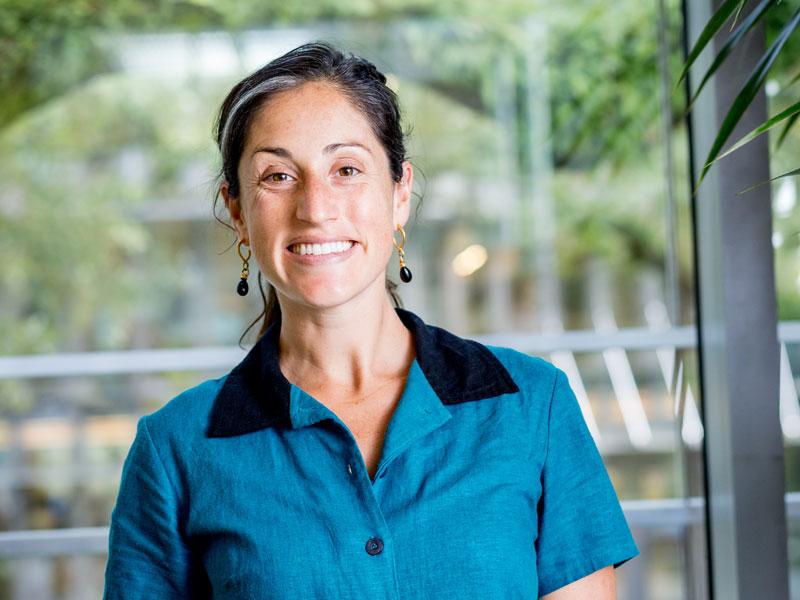How to design a future when you’re not sure what’s next
Can the same strategies Tulane students learn in a popular life design course help people facing job changes or life disruptions from the COVID-19 pandemic?
Absolutely, says life design expert Julia Lang. She recently spoke with Tulane University’s new podcast On Good Authority about adapting the tenets from her “Taylor Your Life” class for anyone contemplating a pandemic pivot.
She co-wrote a guide called (Re)Designing Your Life in a post COVID-19 world that outlines seven steps to navigate change in uncertain times.
“It is not about leaping into the unknown. I really cringe when I hear someone say, ‘You lost your job, just go try something new.’ That is not what we're advocating,” says Lang, professor of practice and associate director of career education and life design at the Phyllis M. Taylor Center for Social Innovation and Design Thinking at Tulane. “Our toolkit can really help people systematically examine where they are, what resources they have available to them, what matters to them, and identify really clear steps for them to begin exploring and imagining what might be possible next.”
The guide includes an exercise that asks people to create three radically different sketches for the next five years of their life. The first is an outline of the most current, top-of-mind strategy for a path forward.
“The thing that that most easily comes to mind — that hot idea you've been nursing for some time,” she says. “Then there's the pivot sketch, or what you would do if you were suddenly unable to do (your job). If artificial intelligence took over, and there's no need for doctors — and you’re a doctor — what would you do differently? And then the third sketch that we ask folks to complete is constraint free. What would you do if there were no constraints — be it money, time or family obligations? …We want for people to give themselves permission to really think about what they would do if there were no constraints.”
One of the steps also includes accepting the COVID-19 realities and where you are — for now — but making a commitment to believing that your life is worth changing.
“It's OK to not be totally happy with the way that your life and the world is going. Not many people are. This is a really scary, unprecedented time,” she says. “Give yourself permission to honestly assess what is working and what's not working. Reflect on your own upbringing, the stories that you tell yourself about the working world, about what you should be doing or what you shouldn't be doing as a working person, as a partner, as a mother or as a father. Define what matters to you. Don't be defined by what other people are telling you is important or what you should be doing.”
Click below to hear the full discussion and her advice for mapping out a plan for the future.

